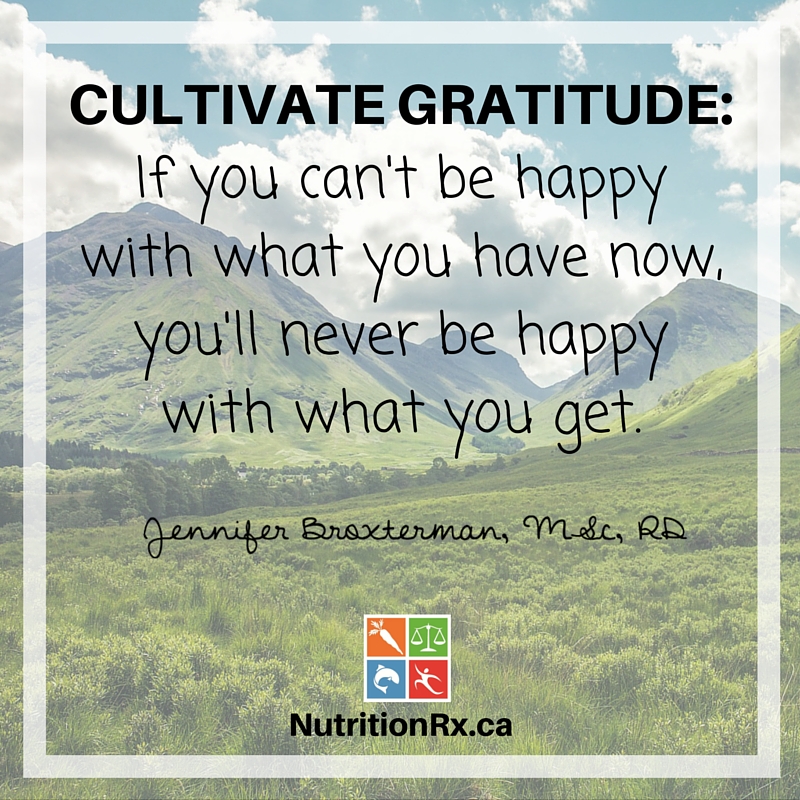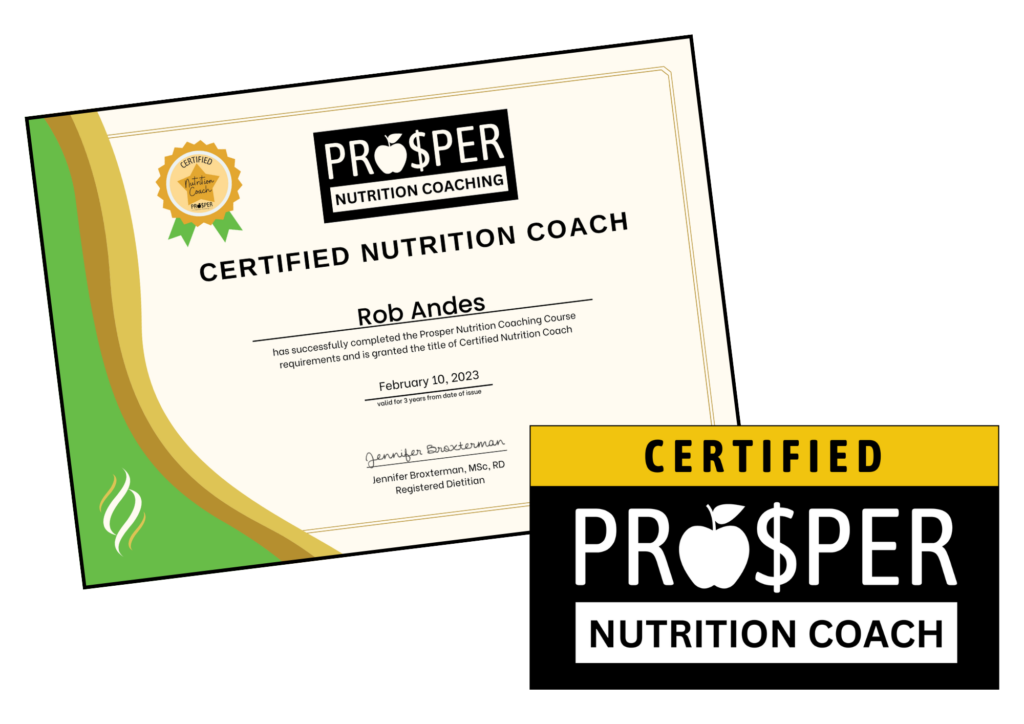

The Benefits of Gratitude

Gratitude is an emotional state of expressing appreciation for what you have. Taking the time to stop and be thankful and appreciative of the good things in your life is one of the most powerful ways to increase your overall level of happiness and subjective well-being.
Research studies taken from the positive psychology movement have consistently shown that cultivating a grateful mindset can have far-reaching effects on our mental health, personal relationships, stress levels, coping skills and resiliency, and overall feelings of happiness and satisfaction with our lives.
Some of the top research-based reasons for practicing gratitude include:
Increased happiness.
Practicing gratitude is one of the most reliable and well-proven methods for increasing happiness and life satisfaction. It allows you to feel content and happy with the good things you already have going on in your life, versus chasing the destructive path of always wanting more or feeling like you’re never enough. People who practice gratitude regularly also report higher levels of optimism, joy, pleasure, excitement, and other positive emotions.
Reduced anxiety and depression.
On the flipside, gratitude can help protect your brain against anxiety and depression. Gratitude improves our resiliency, and has been shown to help people recover better from traumatic and stressful events that can cause post-traumatic stress disorder (PTSD). Gratitude also enhances the coding and retrieval of positive experiences in our brains, serving as a buffer against depression.
Improved physical health.
Gratitude can help strengthen our immune system, reduce blood pressure, and make us feel less bothered by aches and pains. Gratitude also makes us more likely to exercise regularly and promotes us to take better care of our bodies.
Improved sleep.
Grateful people tend to sleep better, sleeping more total hours per night, falling asleep faster, experiencing fewer negative thoughts before bed, and feeling more refreshed upon waking up. To help yourself sleep better, try counting your blessings before bed, not sheep.
Better stress management.
Grateful people demonstrate more positive ways of coping with difficult life experiences, through seeking the support of others, reflecting and growing from tough life events, and spending more time developing plans on how to deal with the problem. Grateful people are also less likely to have negative and self-destructive coping strategies, such as avoidance or denial of a problem, blaming themselves or others, being extremely self-critical and judgmental, or coping through substance abuse.
Strengthened social relationships.
Gratitude helps us to feel closer and more connected to those around us, including our friends, family members, and romantic partners. Higher levels of relationship satisfaction are reported by partners that tend to regularly express gratitude for one another. Gratitude also promotes a more equitable division of household labour between partners. It can even help promote forgiveness and healing between ex-spouses following a divorce.
Increased altruism.
Being grateful tends to help you become a more giving, helpful, compassionate, and caring person. Higher levels of gratitude are correlated with increased behaviours of generosity, making you more likely to share your wealth, wisdom, time, or developed skill set with others to help make the world a better place.
All around, practicing gratitude regularly can have many positive effects that spill into all aspects of your life. It’s a simple mental health tool to help you feel happy and content with your life, in control of your environment and coping strategies, with greater levels of self-acceptance and self-love for the life you are currently living. It helps decrease our comparison to what we perceive others have that we do not (e.g. better bodies, bigger houses, more vacations, cooler jobs), and helps us to experience personal growth as we find the joy and purpose in our own lives.
In my next article on this topic (Mental Tools to Develop a Mindset of Gratitude), if practicing gratitude is something that does not come naturally to you just yet, I share a few tools I highly recommend to help flex and strengthen your “gratitude muscle”.
Continue reading here: Mental Tools to Develop a Mindset of Gratitude
Wishing you health & happiness,
♡ Jen
Jennifer Broxterman, MSc, RD
Registered Dietitian
NutritionRx: happy, healthy living with our team of Registered Dietitians
Prosper Nutrition Coaching: a world-class nutrition coaching certification
+
+
+
Want to work with a NutritionRx Registered Dietitian?
Learn more here: Nutrition Packages & Rates
+
+
+
Want to become a Certified Nutrition Coach?
Learn more about our habits-based Prosper Nutrition Certification



